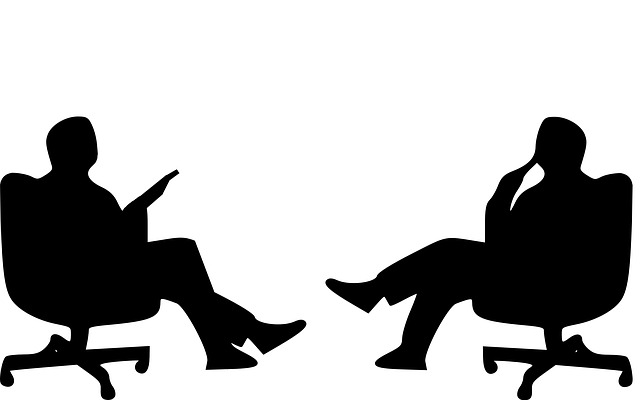KEEPING the PEACE in MEDIATION
By: Joel Reck

“Is she crazy in making such an insultingly low offer? She told me that her client was coming to this mediation in good faith, but that obviously isn’t the case. (Face now reddening). This offer is even more ridiculous than the last ridiculous offer. My client has now wasted all this time and money to come to this mediation. They’re going backwards and we’re insulted. Go back and tell those jerks exactly how we feel and that we’re done unless they not only reinstate their prior offer, but sweeten it considerably”.
Sound familiar?
Obviously, emotions are running high, at least by one party to the case. But while the expression of intense emotion can get out of control and be a real obstacle to settlement, the expression of the emotion per se, in my experience, doesn’t portend the end of the mediation. It’s really the beginning of it. But in order to manage such emotion, the mediator needs the attorneys to be civil with each other. The mediator can and must play an important role in fostering such civility.
I think that most lawyers would agree that there are increasingly serious civility challenges in the practice of law and especially in litigation. My most extreme encounter with incivility between the lawyers in litigation resulted in a mediation where the lawyers didn’t want to be in the same room together, even for the mediator’s [my] introductory remarks!
I am most often impressed, however, by the civility between the opposing lawyers and I try to reinforce the positive climate for settlement that it creates. I certainly do not want to foster more tension than already exists! On occasion, however, the parties and their lawyers either genuinely dislike and/or distrust each other to such an extent that emotions threaten to get out of control and sabotage efforts to settle the case. But there is an important distinction between the expression of emotion, even “out of control” emotion, and incivility. If civility between the attorneys can be maintained, the expression of high emotion can often be tolerated. But if civility breaks down, the chance of the parties achieving settlement at the mediation is substantially reduced.
In pre-mediation conference calls with the lawyers, I often hear the request from one or more of the lawyers that we should dispense with the opening statements by the lawyers because of their often legitimate concerns that such statements will be a waste of time or be so upsetting to the other side that the climate for settlement will be negatively impacted. But in cases when brief opening statements are made and when one or both sides become very emotional, I often find that the release of emotion—even strong emotion—has a positive, even if painful, result. It’s part of the “being heard” need that parties so often have in mediation. These emotional expressions can be very powerful without being uncivil. The challenge for the mediator is to moderate such a discussion in a way that keeps the peace and that minimizes the chance of the conversation deteriorating into an uncivil one. Not surprisingly, parties and their lawyers have much greater tolerance for emotional expression if civility is maintained. But when civility breaks down or is never established, the probability of settlement takes a serious hit.

The most competent and sophisticated lawyers understand their need to walk that fine line between zealous representation, on the one hand, and expressing their client’s position in a way that is firm, but civil, and not insulting to the other side. Of course, the mediator’s role is to help each side appear civil to the other side, even when emotions are running high and even when each side is hurling insults at the other in the private caucuses!
Pragmatically, civility in the mediation process not only furthers the objectives of the mediation by making it so much easier for the parties to reach a settlement, but it also reduces the potential for further disputes under the settlement agreement. Even if a settlement is not reached in the mediation, civility between the lawyers enhances the chances of a future settlement and reduces the chances of a downward spiral in communication.
Moral of the story: Civility helps your client.
